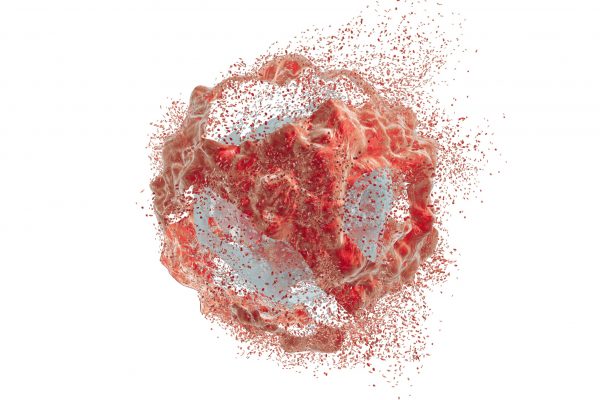
Patients with chronic lymphocytic leukaemia (CLL) in England will now be offered acalabrutinib monotherapy. CLL puts a significant burden on patients through symptoms such as lethargy, fever and weight loss due to the overproduction of B lymphocytes, affecting an estimated 2,395 patients in England every year.
England’s National Institute for Health and Care Excellence (NICE) recommend acalabrutinib monotherapy for adult CLL patients with the following:
This therapy may also be considered in patients who have had previous treatment for CLL. The decision to make this therapy available means that patients with high risk disease who are ineligible for chemotherapy have treatment options available. Furthermore, this treatment can be taken orally and at home, which is particularly useful in the setting of the ongoing COVID-19 pandemic, as it reduces infection risks associated with hospital visits and travel.
Meindert Boysen, deputy chief executive and director of the Centre for Health Technology Evaluation at NICE explains “Chronic lymphocytic leukaemia has a debilitating effect on the daily lives of those living with it. As the most common type of leukaemia in England, more targeted treatment options are very much needed and welcomed. Acalabrutinib is considered by patient experts who submitted evidence to NICE’s independent appraisal committee to be generally well tolerated and could cause fewer side effects than existing NHS treatments. Evidence submitted to our independent appraisal committee showed that acalabrutinib is clinically effective in chronic lymphocytic leukaemia and that it will improve the quality of life for those living with this condition. We are therefore very pleased to make this positive recommendation.”
Currently, acalabrutinib is not reimbursed in Belgium, despite 4,828 patients being diagnosed with lymphoid malignancies every year. With the peak number of cases occurring in patients who are 80 and over, these patients may not be able to tolerate chemotherapy and the absence of efficacious alternatives represents an unmet clinical need.
References
National Institute of Health and Care Excellence. Nice.org.uk. [Internet]. NICE 2021. Available from: https://www.nice.org.uk/news/article/acalabrutinib-for-treating-chronic-lymphocytic-leukaemia-ta689
Belgian Cancer Registry. Kankerregister.org. [internet]. 2021. Available from: https://kankerregister.org/Cancer_Fact_Sheets